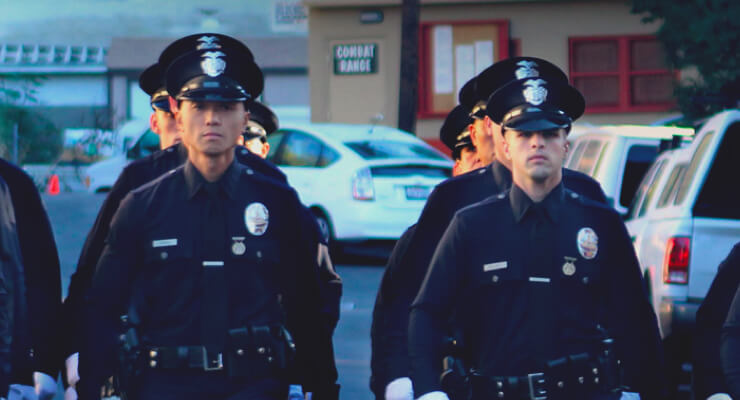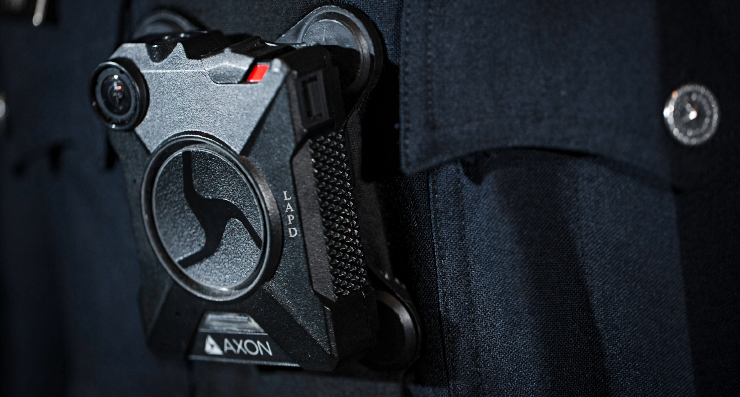Apr06
No event found!
! Alert
Wildfire Recovery
Opens https://recovery.lacity.gov in a new window.311 Services
City Services
Opens https://myla311.lacity.org/ in a new window.LA Directory
City Directory
Opens https://lacity.gov/directory in a new window.












